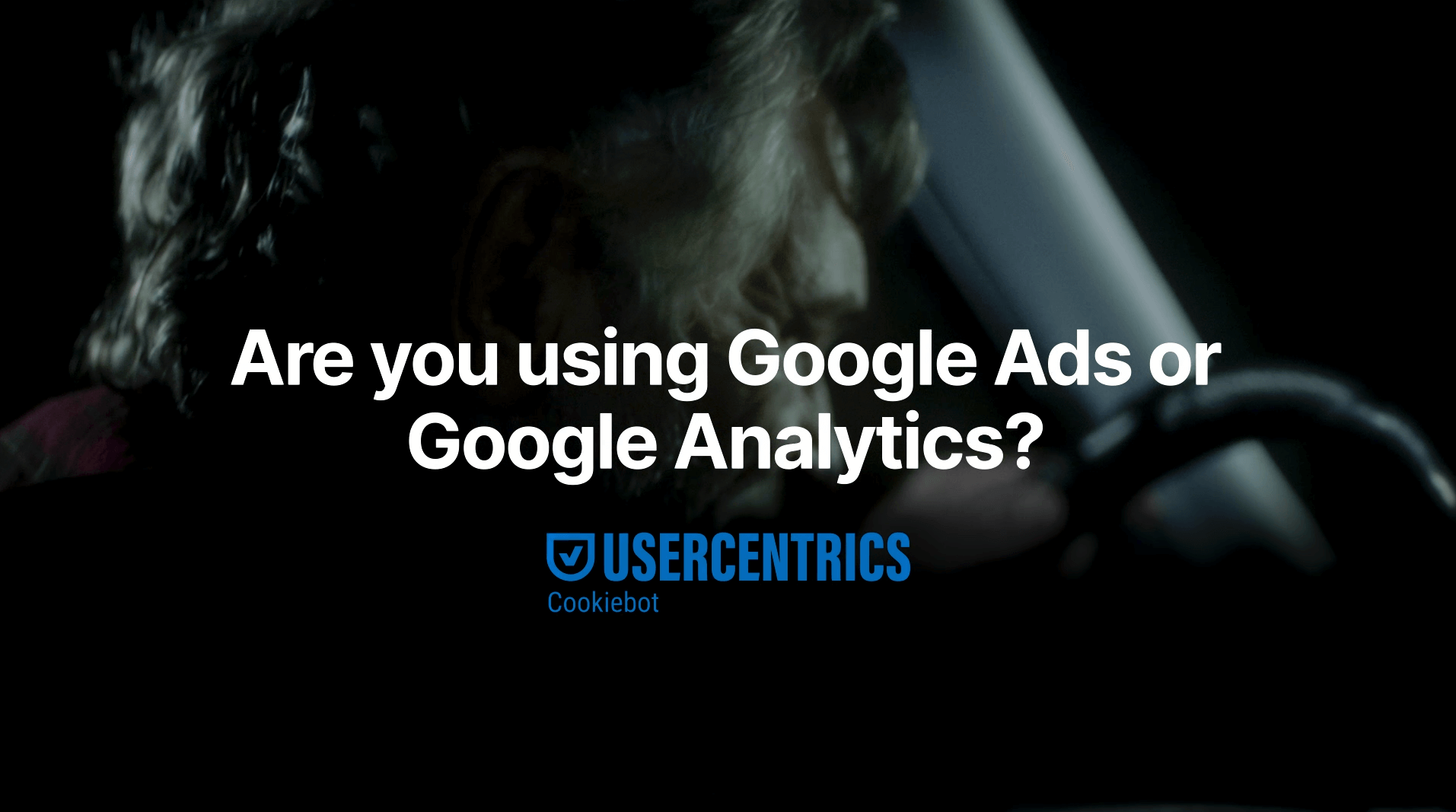WELCOME TO THE ERA OF PRIVACY-LED MARKETING
Once upon a time in marketing, there was a wild data gold rush — where hoarding every scrap of information led to invasive targeting and shattered trust.
But those days are over. Consumer trust is becoming harder to earn and keep. Read our latest report “The State of Digital Trust in 2025” to understand why.
READ THE FULL REPORTWelcome to a new era, where transparency, consent, and respect for user preferences reign supreme. Brands now flourish with integrity, consumers trust again, and sustainable growth is the norm.
And yes, everyone in the marketing kingdom lived happily ever after.
The End.
Okay, this is actually just the beginning…
What is Privacy-Led Marketing?
Privacy-Led Marketing is an ethical and sustainable approach to brand building that prioritizes privacy, informed consent, and respect for user preferences.
Unlike outdated practices that treat data (and the people it comes from) as a commodity, Privacy-Led Marketing fosters transparency and trust with users, balancing the need for privacy compliance with creating meaningful relationships that drive loyalty and growth.
The shift from data-centricity to user-centricity
*Edelman Trust Barometer (2023)
**McKinsey & Company, Digital Trust Survey (2022)
Frequently asked questions
Is Privacy-Led Marketing just about compliance?
While privacy compliance is crucial, Privacy-Led Marketing goes beyond that. It’s about creating a marketing ecosystem that respects and values customer choice, fostering long-term relationships and brand loyalty.
Won’t Privacy-Led Marketing limit my data collection?
Privacy-Led Marketing may reduce the quantity of data, but it significantly enhances the quality. You’ll gain direct preference information and insights from users who have actively chosen to engage with your brand. This enhances targeting precision and strengthens customer relationships.
Can Privacy-Led Marketing coexist with performance marketing?
Absolutely. In fact, Privacy-Led Marketing enhances performance marketing by building trust and loyalty, which are key drivers of long-term success. With Privacy-Led Marketing, you can still achieve your marketing goals while respecting consumer privacy.
What are the first steps to implementing Privacy-Led Marketing?
Start by auditing your current data practices. Implement a robust Consent Management Platform (CMP) to help ensure privacy compliance, and shift your focus to zero- and first-party data and contextual advertising. Educating your audience on how their data is used is also crucial for building trust, not to mention a standard regulatory requirement.
How do I communicate the value of data sharing to my customers?
Transparency is key. Clearly explain how you use their data, the benefits they receive in return, and ensure they feel in control of their information. This approach increases trust and the likelihood that customers will willingly share their data initially and over time.
Overcoming the data paradox in marketing
RESOURCES FOR YOU


